Home>Articles>Why Shouldn’t You Have Mirrors In Your Bedroom
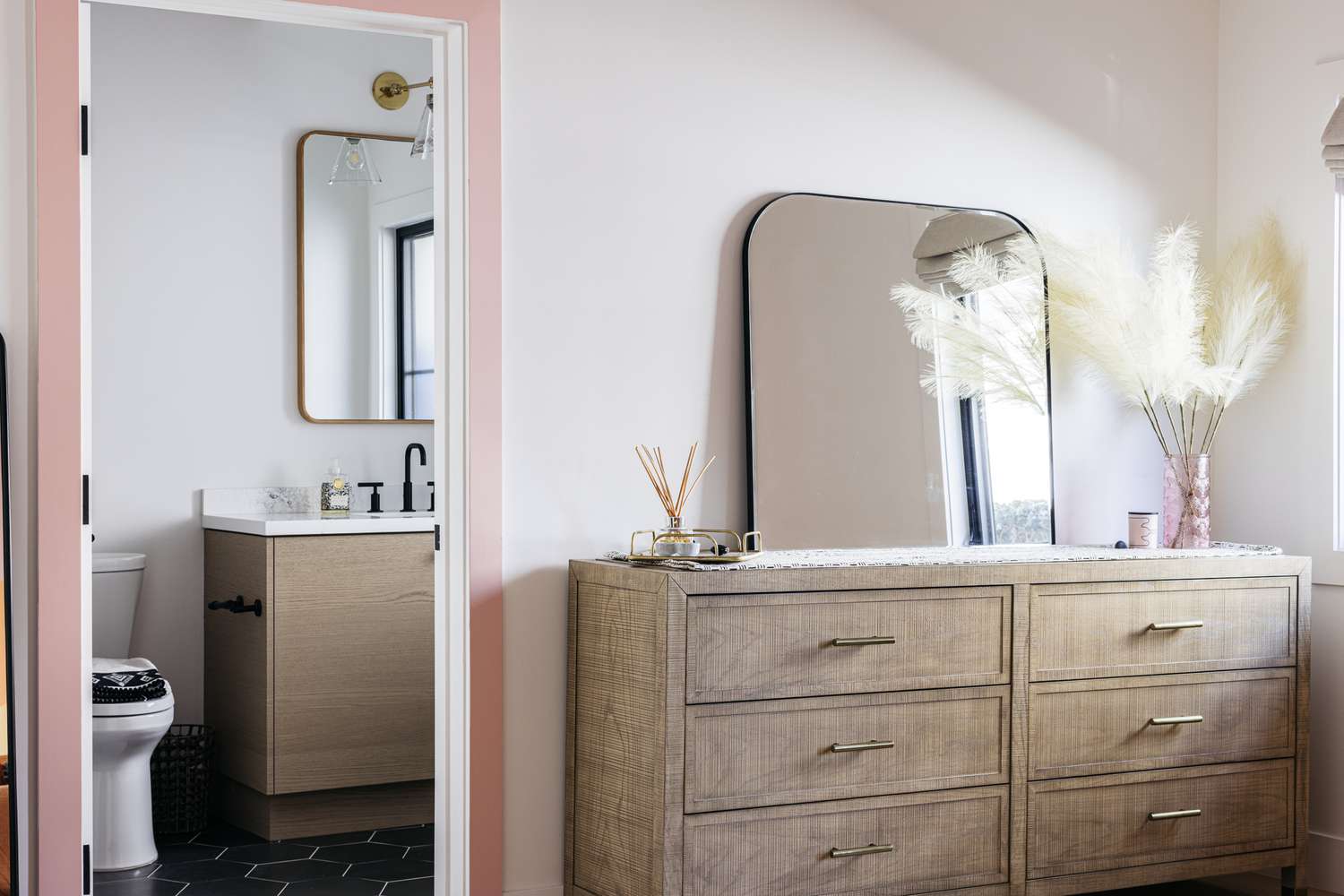

Articles
Why Shouldn’t You Have Mirrors In Your Bedroom
Modified: February 25, 2024
Discover why having mirrors in your bedroom may not be the best idea. Read our informative articles to learn about the potential negative effects and alternatives.
(Many of the links in this article redirect to a specific reviewed product. Your purchase of these products through affiliate links helps to generate commission for Storables.com, at no extra cost. Learn more)
Introduction
When it comes to bedroom decor, mirrors are often considered an essential element. They are seen as useful for getting ready in the morning or checking your appearance before heading out the door. However, it may come as a surprise to many that having mirrors in the bedroom can have negative effects on your sleep patterns, self-esteem, and overall well-being.
In this article, we will explore the reasons why having mirrors in your bedroom may not be the best idea. From the disturbance in sleep patterns to the reflection of negative energy, we will delve into the various aspects that suggest mirrors could potentially be impacting your life in an unfavorable way.
So, if you have a mirror hanging on your bedroom wall, or you are considering adding one, it’s important to read on and understand why it might be a good idea to reconsider.
Key Takeaways:
- Mirrors in the bedroom can disrupt sleep, induce anxiety, and negatively impact self-esteem. Consider removing or minimizing mirrors to create a tranquil and restful environment for better well-being.
- Superstitions and beliefs surrounding mirrors in the bedroom may influence comfort levels. Respect individual beliefs and consider the potential impact of mirrors on sleep, self-esteem, and overall well-being.
Disturbance in Sleep Patterns
One of the primary reasons why having mirrors in the bedroom is discouraged is due to the potential disruption they can cause to your sleep patterns. When you have a mirror facing your bed, it can reflect natural light or artificial light sources, such as lamps or electronic devices, which can interfere with your body’s natural circadian rhythm.
Exposure to bright lights or the glimmer of objects can stimulate the brain and inhibit the release of melatonin, a hormone that regulates sleep. This can lead to difficulty falling asleep, restless sleep, or even insomnia. Over time, the lack of quality sleep can take a toll on your overall health and well-being.
Additionally, the constant presence of a mirror in your line of vision while lying in bed can create a state of hyper-awareness. Instead of allowing your mind to relax and unwind, you may find yourself constantly examining your appearance or becoming fixated on perceived flaws. This can lead to increased anxiety and a heightened sense of self-consciousness, further contributing to sleep disturbances.
To maintain a peaceful sleep environment, it is advisable to keep mirrors out of the bedroom. If you wish to have a mirror nearby for practical purposes, consider placing it in a location where it does not directly face your bed or cover it with a cloth or screen during nighttime hours to minimize any potential interference with your sleep.
Negative Impact on Self-Esteem
Having mirrors in your bedroom can also have a negative impact on your self-esteem. Constantly scrutinizing your physical appearance in the reflection can lead to feelings of insecurity and self-doubt. The bedroom is meant to be a private space where you can relax and feel comfortable, and having a mirror that constantly reminds you of your perceived flaws can be detrimental to your self-esteem.
In today’s society, where beauty standards are heavily influenced by media and societal expectations, it can be challenging to maintain a positive body image. When faced with a mirror during vulnerable moments, such as when you first wake up or before going to bed, it can be easy to focus on your imperfections rather than appreciating your unique qualities and inner beauty.
Furthermore, the reflection in the mirror may not always provide an accurate representation of yourself. Lighting, angles, and distorted reflections can all impact how you perceive yourself. This can lead to distorted body image perceptions and a negative self-image, affecting your overall confidence and self-worth.
To promote a healthier relationship with your body and cultivate positive self-esteem, it is advisable to limit exposure to mirrors in the bedroom. Consider relocating mirrors to other areas of your home, such as the bathroom or hallway, where they can serve practical purposes without negatively impacting your self-image.
Increased Anxiety
Having mirrors in the bedroom can contribute to increased anxiety levels. Constantly being exposed to your reflection can create a heightened sense of self-awareness and self-criticism. This self-scrutiny can easily spiral into negative thoughts and feelings, leading to anxiety and stress.
Many individuals experience what is known as “mirror anxiety” when surrounded by mirrors in their personal spaces. This anxiety stems from the fear of being judged or not meeting societal beauty standards. The pressure to look a certain way can be overwhelming, especially when mirrors serve as constant reminders of our physical appearance.
In addition, mirrors can also create a sense of unease due to their reflective nature. Some people may feel uncomfortable with the idea of their image being mirrored back at them as they go about their daily activities in the bedroom. This unease can heighten anxiety levels and prevent you from fully relaxing and enjoying your personal space.
If you find that mirrors in your bedroom are causing increased anxiety, consider covering them with a cloth or moving them to a different location. Creating an environment that promotes relaxation and peace of mind is crucial, and removing mirrors from the bedroom can be a significant step towards achieving that goal.
Reflection of Negative Energy
Another reason why having mirrors in the bedroom is discouraged is the belief that they can reflect negative energy. According to some spiritual and feng shui practices, mirrors have the ability to amplify and bounce back energy, including negative energy.
For those who follow feng shui principles, it is believed that mirrors in the bedroom can disrupt the flow of energy, known as Qi, leading to imbalances and disturbances in various aspects of life, including relationships, health, and overall well-being.
Additionally, mirrors are said to have the ability to capture and hold onto negative energy that may be present in the room. Whether it’s negative thoughts, emotions, or even lingering energies from past experiences, the mirror can absorb and reflect these energies back into the room.
Being surrounded by this reflected negative energy on a daily basis can have a subtle but significant impact on your mood and overall energy levels. It may contribute to feelings of unease, restlessness, and a sense of heaviness in the atmosphere.
To avoid the reflection of negative energy, it is often recommended to either remove mirrors from the bedroom entirely or strategically place them in a way that does not directly reflect your sleeping area. This can help create a more harmonious and balanced energy flow within the space.
While the belief in the reflection of negative energy may vary from person to person, it is worth considering if you feel that mirrors in your bedroom are having a negative impact on the overall energy and atmosphere of the room.
Consider using soft, indirect lighting in your bedroom instead of mirrors to create a calming and restful atmosphere. Mirrors can reflect and amplify energy, which may disrupt sleep and relaxation.
Disruption of Relaxation and Tranquility
Bedrooms are meant to be sanctuaries of relaxation and tranquility, spaces where you can unwind, recharge, and find peace. However, having mirrors in the bedroom can disrupt this serene atmosphere and impede your ability to fully relax and enjoy the space.
When you have a mirror in the bedroom, it can act as a constant reminder of the outside world and the pressures that come with it. Instead of creating a calming environment, the mirror can draw your attention away from relaxation and towards self-consciousness.
Furthermore, mirrors can create a sense of visual clutter in the bedroom. The reflections can be distracting and prevent your mind from fully disconnecting from the outside world. This can make it more difficult to relax, let go of stress, and achieve a state of tranquility.
In addition, the presence of a mirror in the bedroom can also disrupt intimacy and romantic connections. A mirror facing the bed may inadvertently create a feeling of being watched or observed during intimate moments, which can hinder your ability to fully relax and enjoy the experience.
To promote a more restful and tranquil atmosphere in the bedroom, consider removing mirrors or minimizing their presence. Keep the focus on creating a space that is free from outside distractions and conducive to relaxation and rejuvenation.
Induce Feelings of Objectification
Having mirrors in the bedroom can inadvertently induce feelings of objectification, where you view yourself primarily as an object to be evaluated and judged based on your appearance. This can be particularly true if you have a habit of frequently checking yourself in the mirror or if you have a mirror strategically placed to capture your reflection from multiple angles.
In our image-focused society, it is easy to fall into the trap of equating self-worth with physical appearance. When the bedroom becomes a space dominated by mirrors, it can reinforce the notion that your value lies solely in how you look.
Constantly evaluating your appearance in the mirror can lead to a preoccupation with physical flaws, amplifying feelings of self-consciousness and negative body image. This can have a detrimental effect on your self-esteem, confidence, and overall well-being.
Moreover, the presence of mirrors can also contribute to objectifying others. In a bedroom setting, mirrors can inadvertently create a sense of voyeurism, where you find yourself constantly observing and assessing your own and others’ appearances. This can hinder the development of genuine connections and intimacy, as it may foster a focus on physical attributes rather than deeper emotional connections.
To cultivate a healthier relationship with your body and promote respectful interactions with others, it is advisable to reconsider the placement of mirrors in the bedroom. Instead, focus on creating an environment that encourages self-acceptance, self-love, and meaningful connections based on mutual understanding and appreciation.
Superstitions and Beliefs
It should be noted that some cultures and belief systems have specific superstitions and beliefs surrounding the presence of mirrors in the bedroom. These superstitions vary across different regions and traditions, but they share a common thread of caution and concern.
One widely-held belief is that mirrors in the bedroom can attract and trap negative spirits or energies. According to this belief, when you sleep, your soul can be vulnerable and easily influenced by these trapped spirits, leading to nightmares, sleep disturbances, and even spiritual unrest.
Another superstition is related to the concept of “mirror souls” or “doppelgängers.” It is believed that mirrors have the power to reflect not only our physical appearance but also our spiritual essence. Seeing your reflection in a mirror while in a dream-like state can be seen as encountering your own doppelgänger, an omen of bad luck or even death.
It is important to note that these beliefs are rooted in cultural superstitions and may not have any factual basis. However, they can still influence individuals who hold these beliefs and contribute to a sense of unease or discomfort surrounding the placement of mirrors in the bedroom.
If you belong to a culture or belief system that has specific superstitions regarding mirrors, it is essential to respect and uphold those beliefs. Even if you personally do not subscribe to these beliefs, it is considerate to be mindful of the cultural sensitivities and beliefs of others.
Ultimately, whether or not to have mirrors in the bedroom is a personal decision that should take into consideration individual beliefs, comfort levels, and preferences.
Conclusion
While mirrors are often considered essential in home decor, it is important to carefully consider their placement, especially in the bedroom. The presence of mirrors in the bedroom can have various negative effects on sleep patterns, self-esteem, anxiety levels, relaxation, and overall well-being.
From disturbing sleep patterns by reflecting light sources to inducing feelings of self-consciousness and objectification, mirrors in the bedroom can disrupt the tranquility and intended purpose of the space. They can perpetuate a focus on physical appearance, leading to negative body image and lowered self-esteem.
Additionally, mirrors in the bedroom can inadvertently attract and reflect negative energy, potentially disturbing the harmonious flow of energy in the room. The superstitions and beliefs surrounding mirrors in some cultures may also contribute to a sense of unease or discomfort.
Considering these factors, it may be beneficial to reassess the placement of mirrors in the bedroom. If practicality allows, removing or minimizing mirrors in this space can contribute to better sleep quality, enhanced relaxation, and improved overall well-being.
Ultimately, the decision to have mirrors in the bedroom is a personal one. It is important to consider your own needs, beliefs, and comfort levels when creating a peaceful and comfortable environment that promotes self-care, relaxation, and a positive mindset.
Remember, the bedroom should be a sanctuary where you can escape from the outside world, unwind, and recharge. By being mindful of the potential impacts of mirrors in this space, you can create an atmosphere that supports your well-being and promotes a deep sense of tranquility.
Frequently Asked Questions about Why Shouldn't You Have Mirrors In Your Bedroom
Was this page helpful?
At Storables.com, we guarantee accurate and reliable information. Our content, validated by Expert Board Contributors, is crafted following stringent Editorial Policies. We're committed to providing you with well-researched, expert-backed insights for all your informational needs.

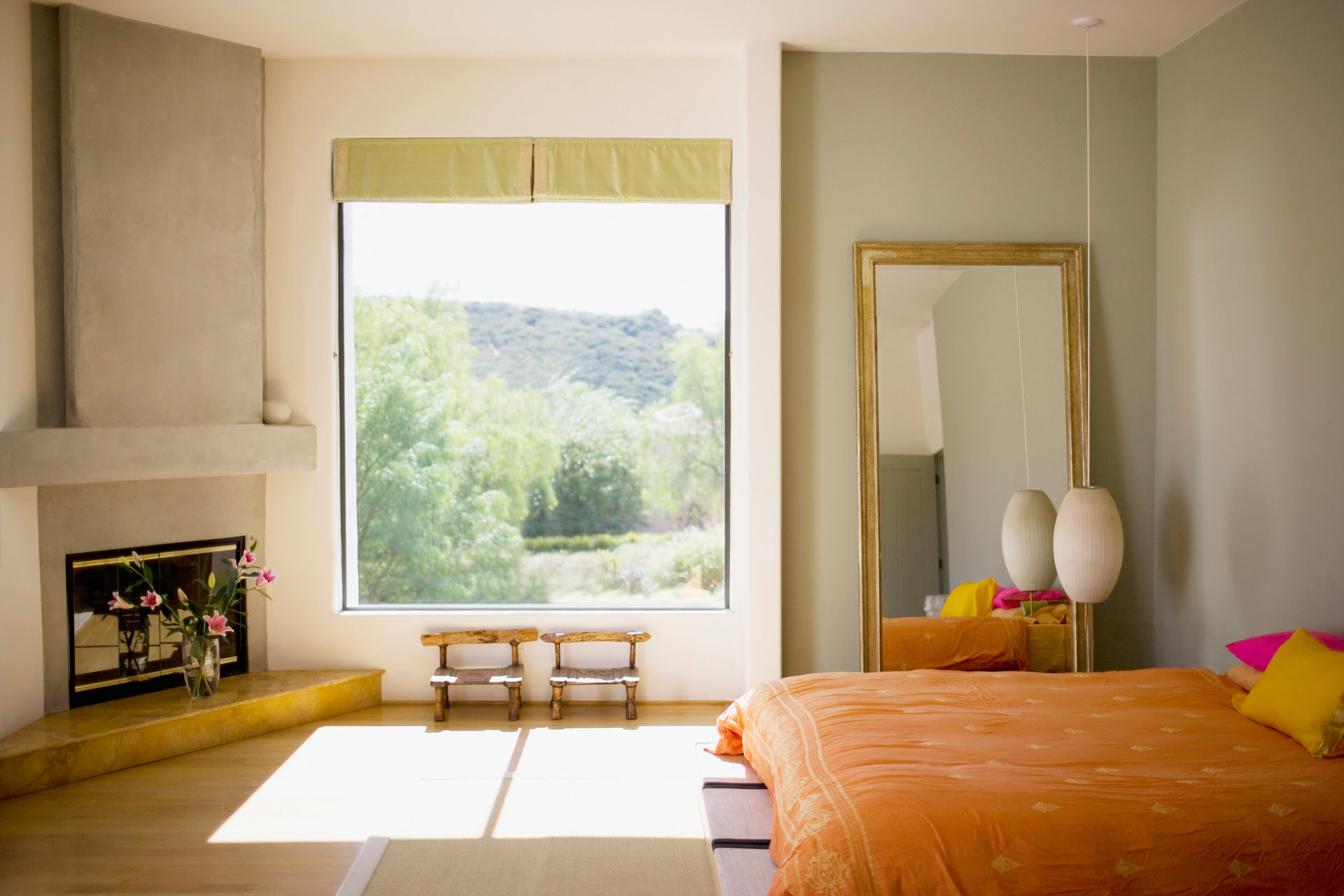
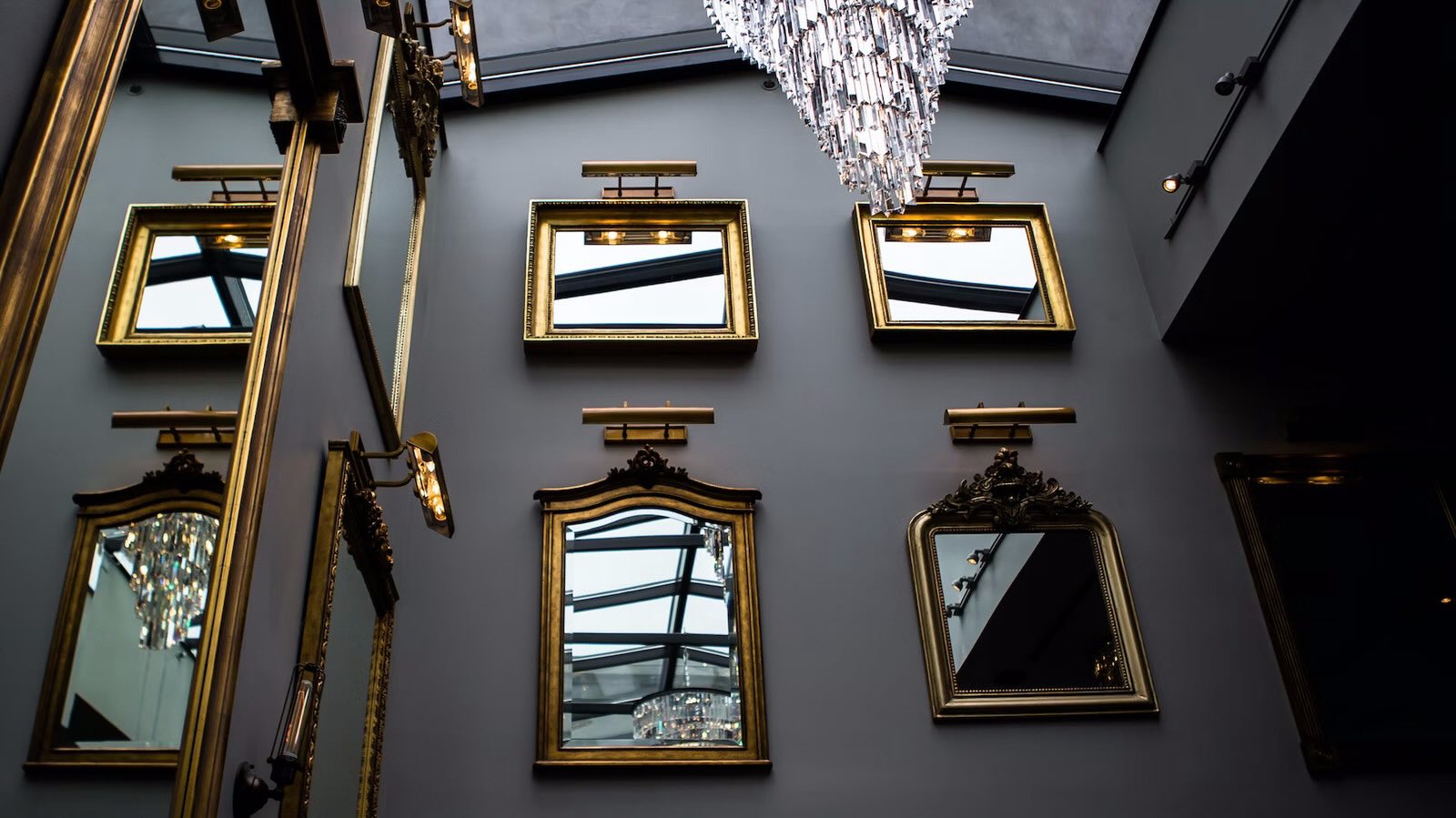
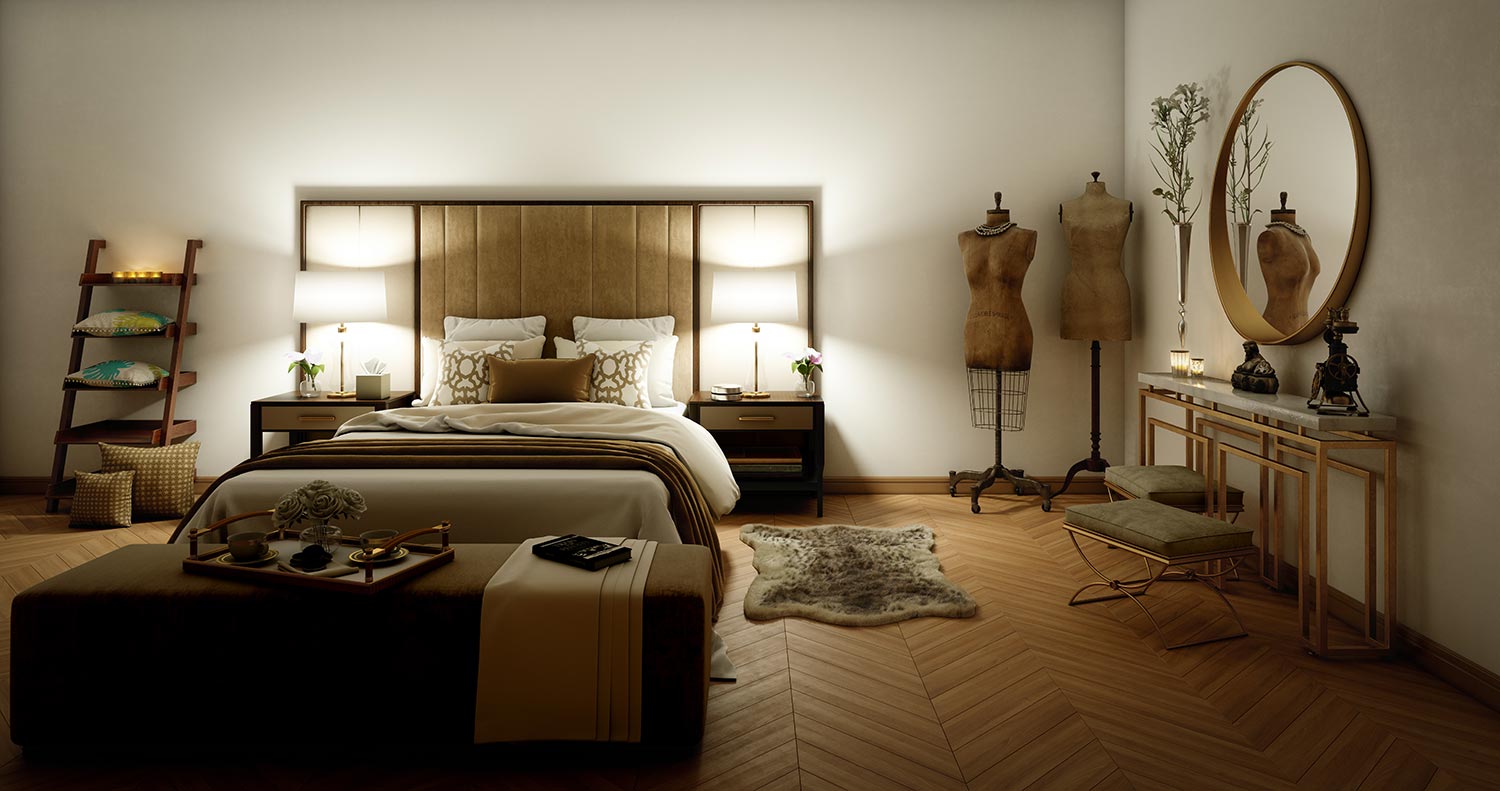
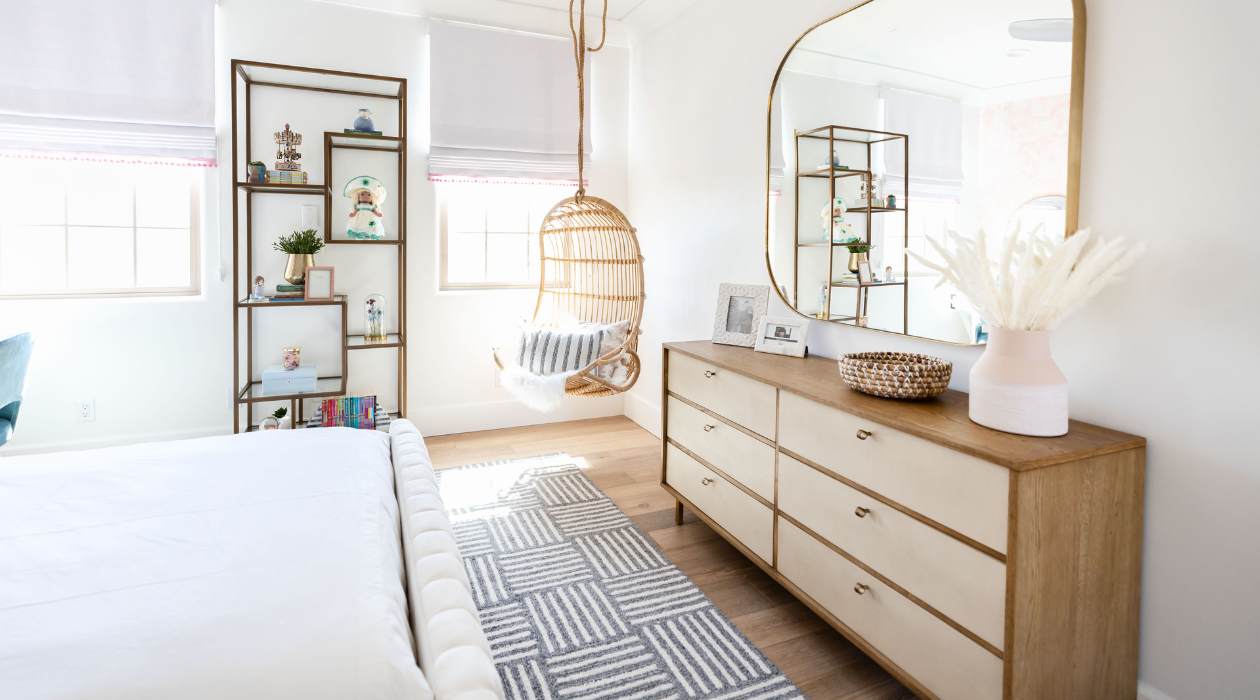
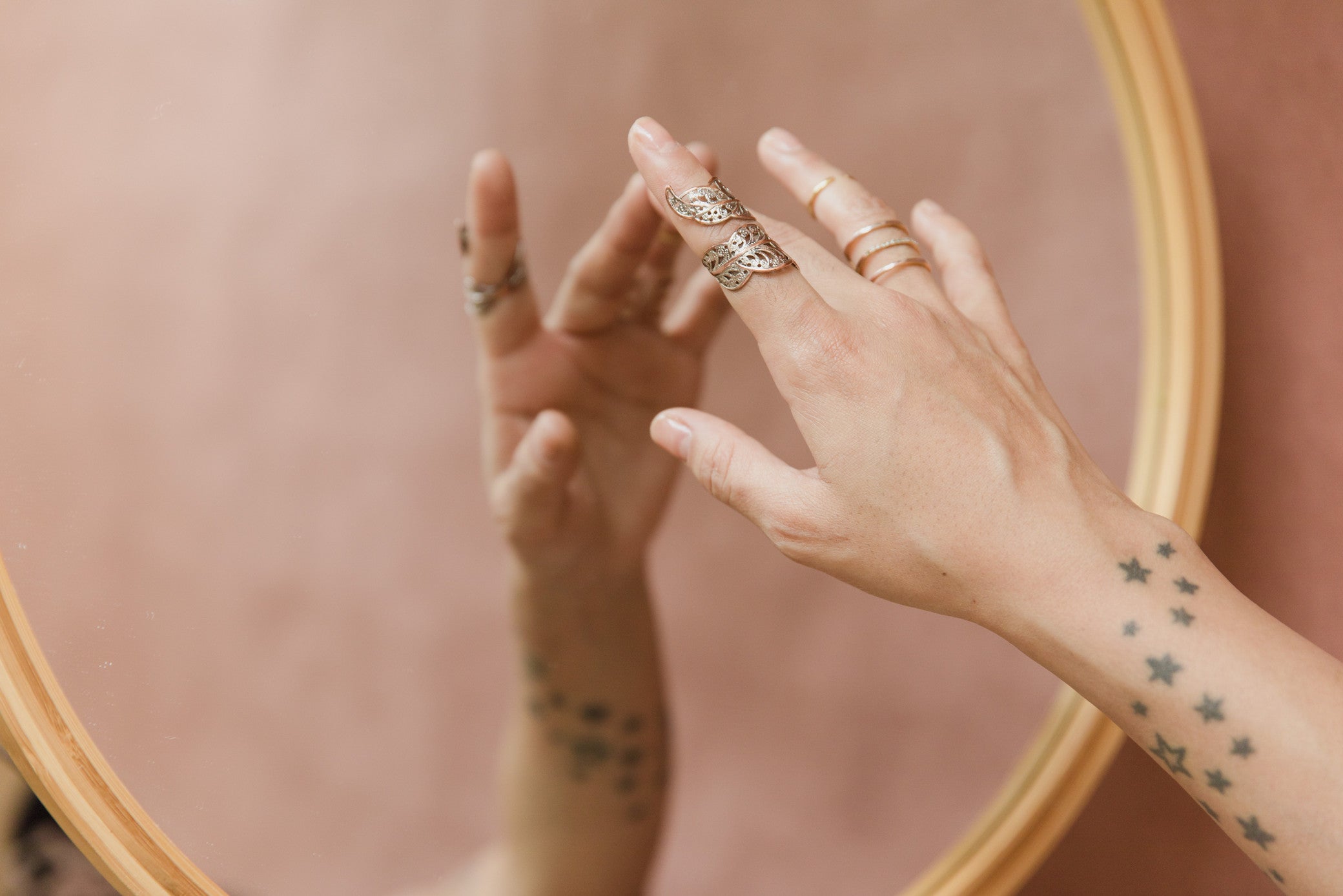

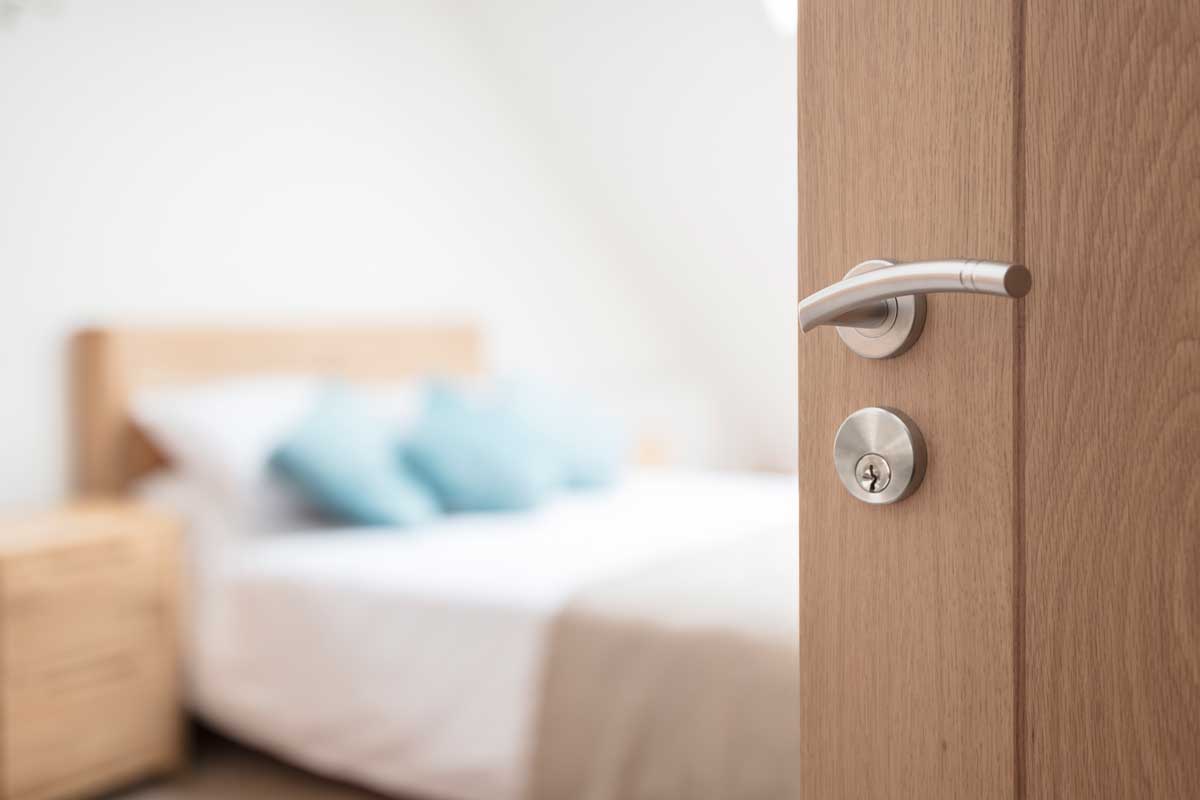
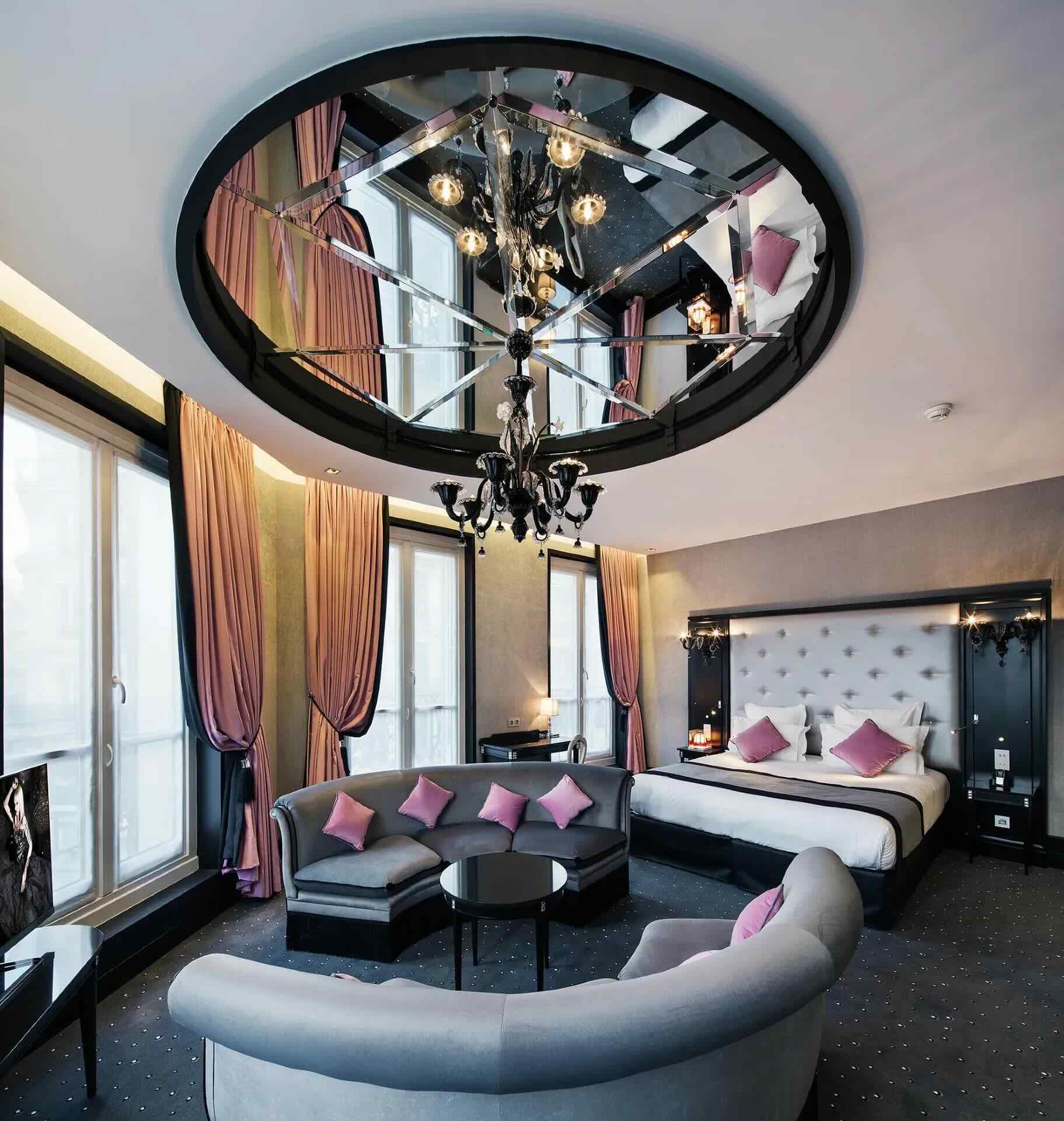
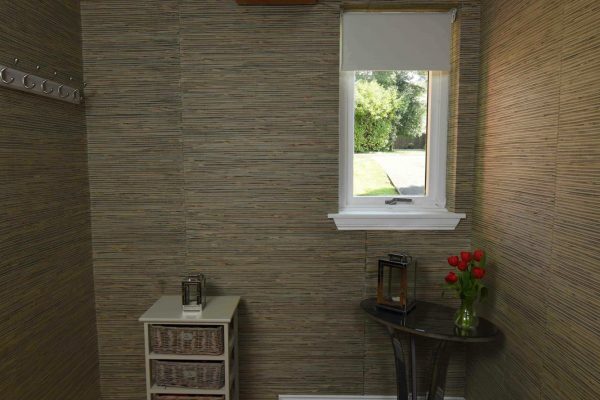
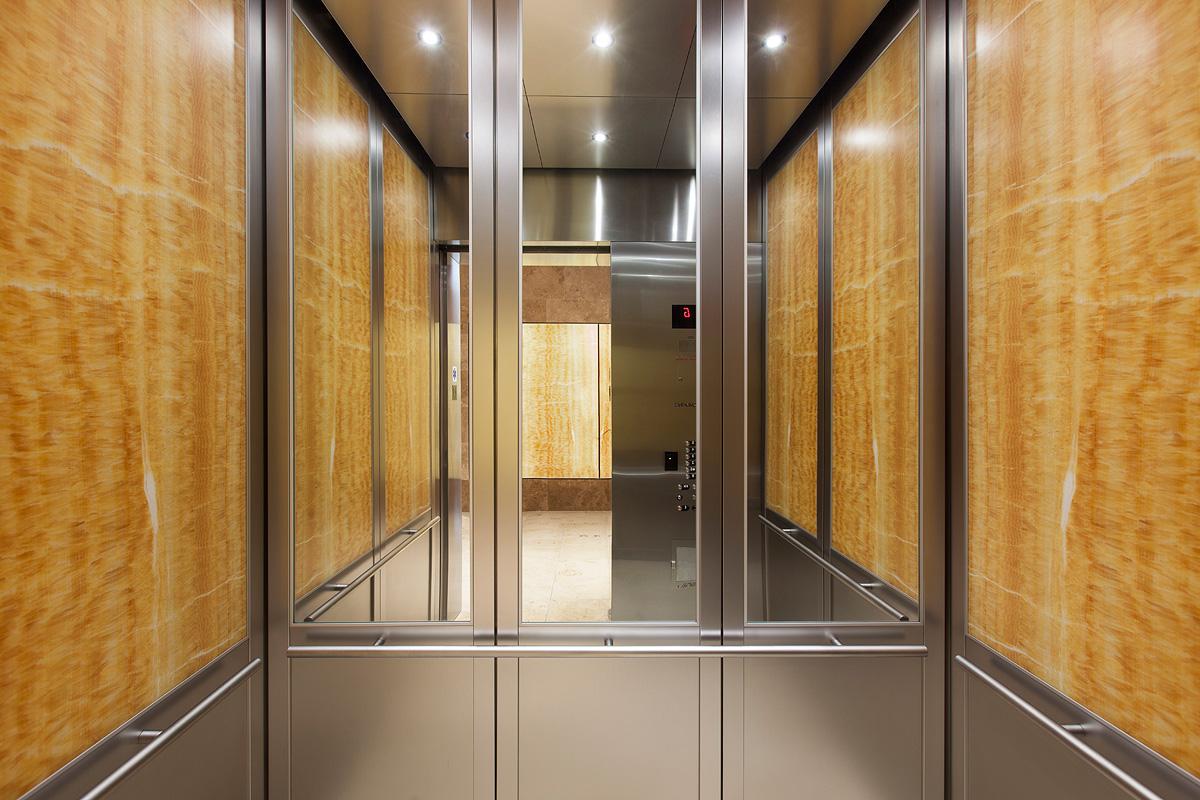
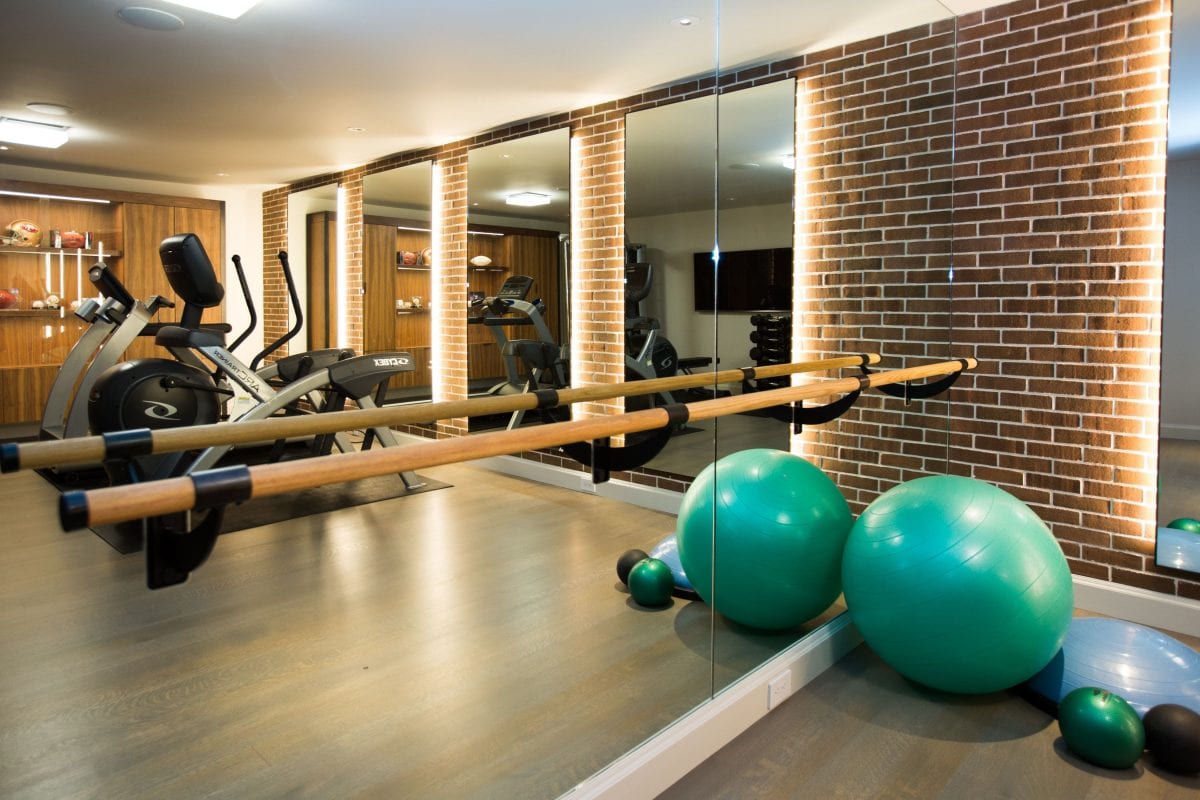
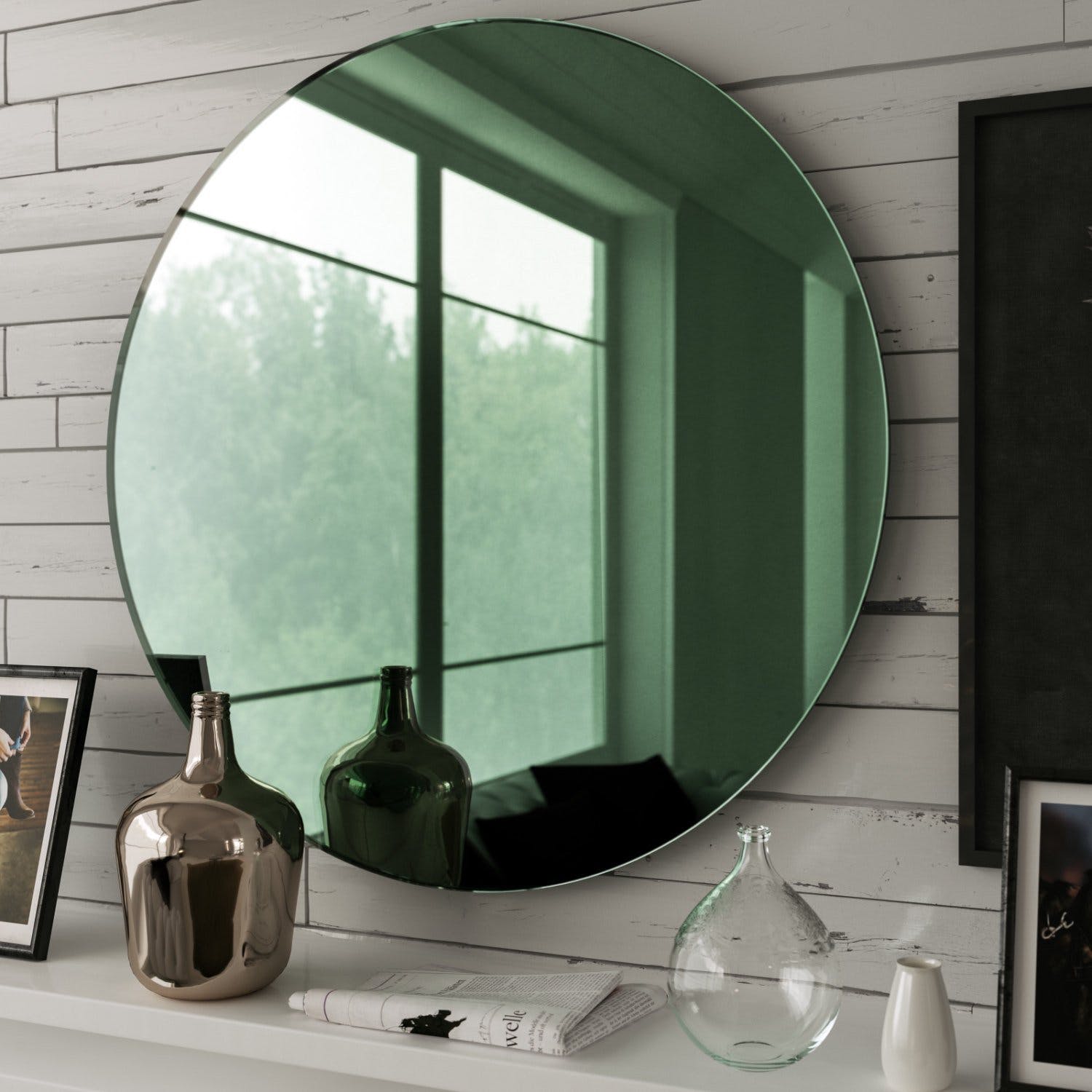
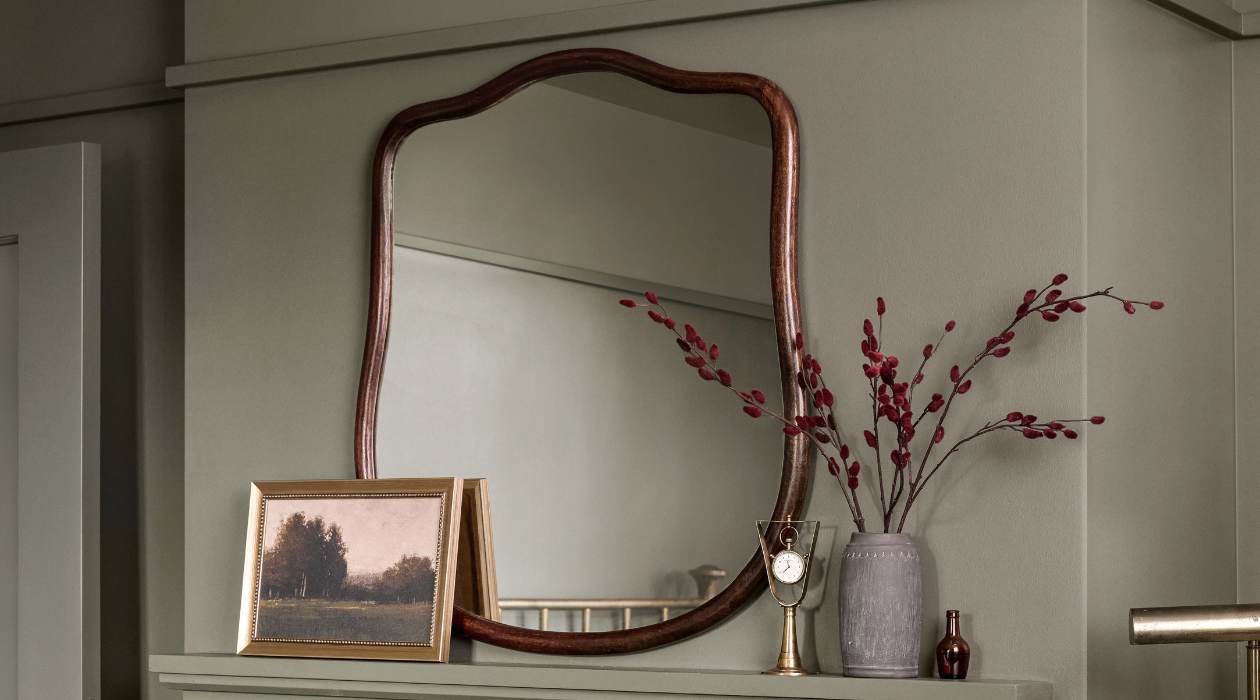

0 thoughts on “Why Shouldn’t You Have Mirrors In Your Bedroom”